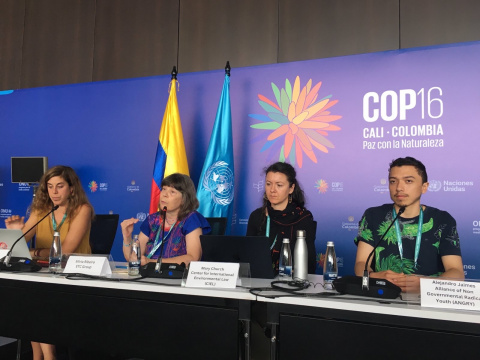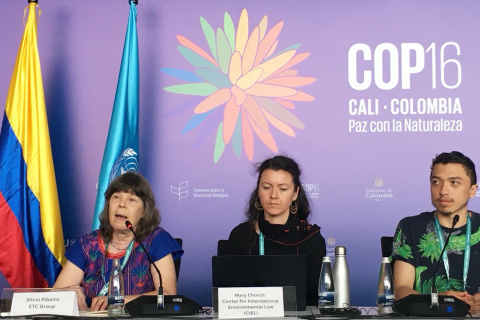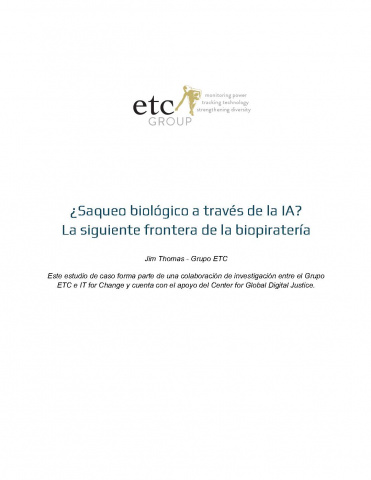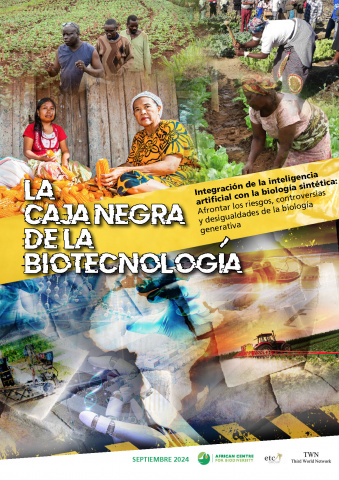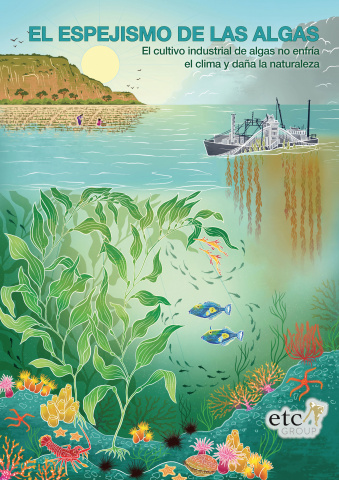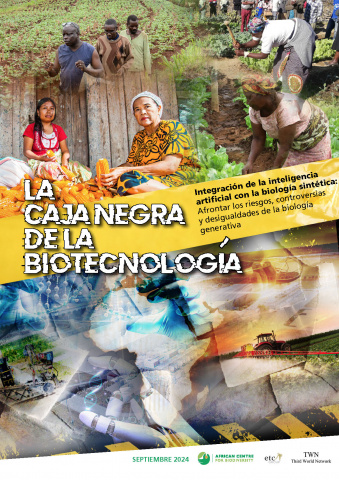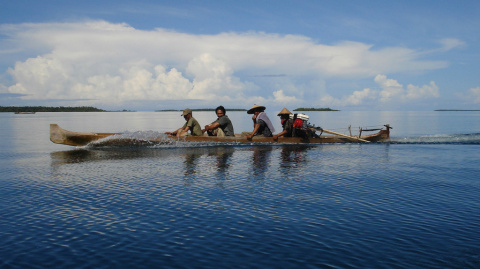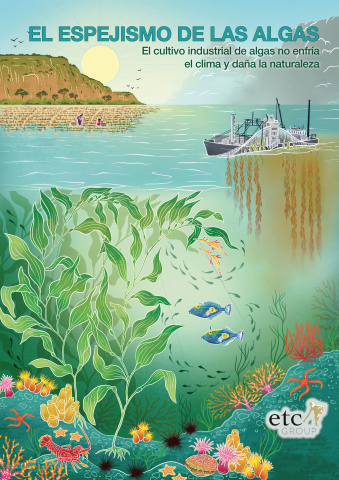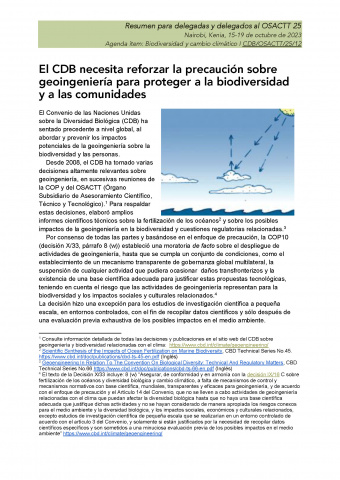Biodiversidad: CDB, OSACTT, IPBES
The Convention on Biological Diversity (CBD): Signed by 150 government leaders at the 1992 Rio Earth Summit, the Convention on Biological Diversity is dedicated to promoting sustainable development. Conceived as a practical tool for translating the principles of Agenda 21 into reality, the Convention recognizes that biological diversity is about more than plants, animals and micro organisms and their ecosystems – it is about people and our need for food security, medicines, fresh air and water, shelter, and a clean and healthy environment in which to live. The Convention on Biological Diversity (CBD) entered into force on 29 December 1993. It has 3 main objectives: 1. The conservation of biological diversity 2. The sustainable use of the components of biological diversity 3. The fair and equitable sharing of the benefits arising out of the utilization of genetic resources.
CBD Website: http://www.cbd.int/
Subsidiary Body on Scientific, Technical and Technological Advice to the CBD (SBSTTA): Article 25 of the Convention on Biological Diversity establishes an open-ended intergovernmental scientific advisory body known as the Subsidiary Body on Scientific, Technical and Technological Advice (SBSTTA) to provide the Conference of the Parties (COP) and, as appropriate, its other subsidiary bodies, with timely advice relating to the implementation of the Convention. As a subsidiary body of the COP, SBSTTA is to report regularly to the COP on all aspects of its work. Multidisciplinary and open to participation by all Parties, SBSTTA comprises government representatives competent in the relevant field of expertise. Its functions include: providing assessments of the status of biological diversity; providing assessments of the types of measures taken in accordance with the provisions of the Convention; and responding to questions that the COP may put to the body.
SBSTTA Website: http://www.cbd.int/SBSTTA/
Intergovernmental Science-Policy Platform on Biodiversity and Ecosystem Services (IPBES): Following a gap analysis and three intergovernmental and multi-stakeholders meetings convened between 2008 and 2010, it was determined that there was a need for a new platform to fill in the gaps in the science-policy interface on biodiversity and ecosystem services. IPBES will respond to requests for scientific information related to biodiversity and ecosystem services from Governments, relevant multilateral environmental agreements and United Nations bodies, as well as other relevant stakeholders. At its second plenary meeting in Panama City in April 2012, IPBES was officially established and the city of Bonn in Germany elected to host the Secretariat.
IPBES website: http://www.ipbes.net/


